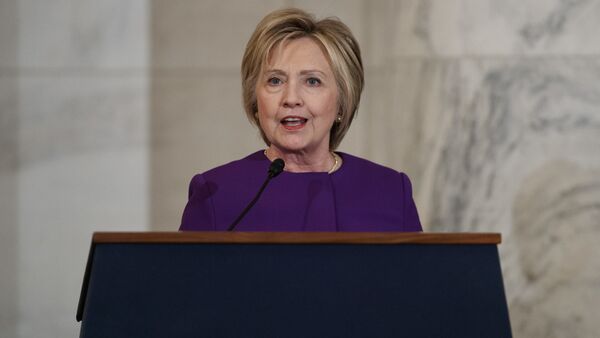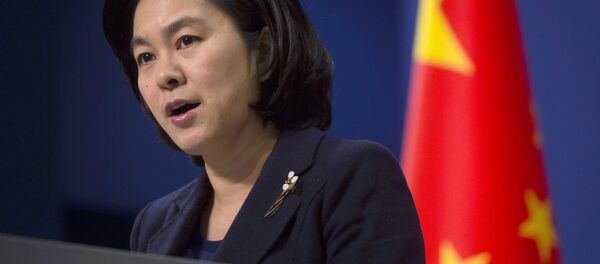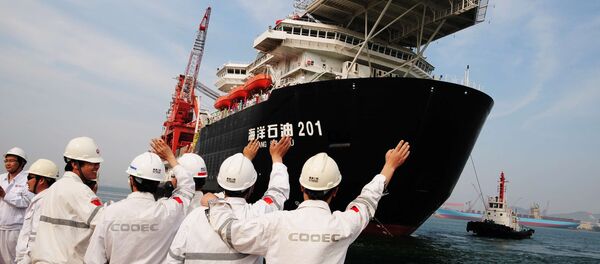NEW DELHI (Sputnik) — In its first annual budget proposals to the US Congress on Tuesday, the Donald Trump administration has given a brief outline of the New Silk Road (NSR) project focused on Afghanistan and its neighbors, and the Indo-Pacific Economic Corridor (IPEC) linking South and Southeast Asia, raising hopes that the projects may be revived.
The proposal says that India would have a key role in the NSR, a public-private initiative. It said "the importance of…the NSR grows" as the transition in Afghanistan continues and the US "strives to help the Afghan people succeed and stand on their own".
Both projects will be pushed through regional collaboration and financing by bilateral and multilateral donors along with private sector participation. The NSR has the potential to bring economic growth and stability to Central Asia amid a resurgent Taliban aided by Pakistan, a concern which both the current regime in Afghanistan and India has raised.
Indian experts believe that India must not lose the big picture in central Asia, Afghanistan in particular, where Russia has emerged as a key player with its recent peace efforts, which also includes the Taliban.
"The US won't let Afghanistan easily slip away into the hands of other powers. Not only Afghanistan, even Pakistan is an important player and ally for them. The US State Department is not oblivious of developments taking place in Afghanistan, Central Asia. For India, however, it should not keep all its eggs in one basket. In the past, we thought that merely aligning with the US could solve the Taliban problem in Afghanistan. We must not ignore the role played by Russia and even China in Afghanistan," P. Stobdan, India's former ambassador Extraordinary and Plenipotentiary to the Republic of Kyrgyzstan, and currently, a senior fellow at the New Delhi-based Institute for Defence Studies and Analyses told Sputnik.
The project could open a new window of cooperation between the three countries as Clinton noted in her July 2011 address in Chennai, India.
"Turkmen gas fields could help meet both Pakistan's and India's growing energy needs and provide significant transit revenues for both Afghanistan and Pakistan. Tajik cotton could be turned into Indian linens. Furniture and fruit from Afghanistan could find its way to the markets of Astana or Mumbai and beyond," PTI quoted the former US Secretary of State as saying.
The NSR, however, went into cold storage during former US President Barack Obama's second stint in the Oval Office, under John Kerry's tenure as Secretary of State. The Obama presidency also faced criticism for ignoring developments like the BRICS-led New Development Bank and other major Chinese projects.
India opposes China's OBOR, as it encompasses the China-Pakistan Economic Corridor (CPEC), which runs through Gilgit and Baltistan in Pakistan-administered Kashmir. The CPEC links China's restive Xinjiang region to the southern Pakistani port of Gwadar.
India fears the port could potentially be used as a naval outpost for the Chinese military. The US plans to revive these mega-infrastructure projects comes a week after China hosted a high-profile summit on the OBOR in Beijing.





